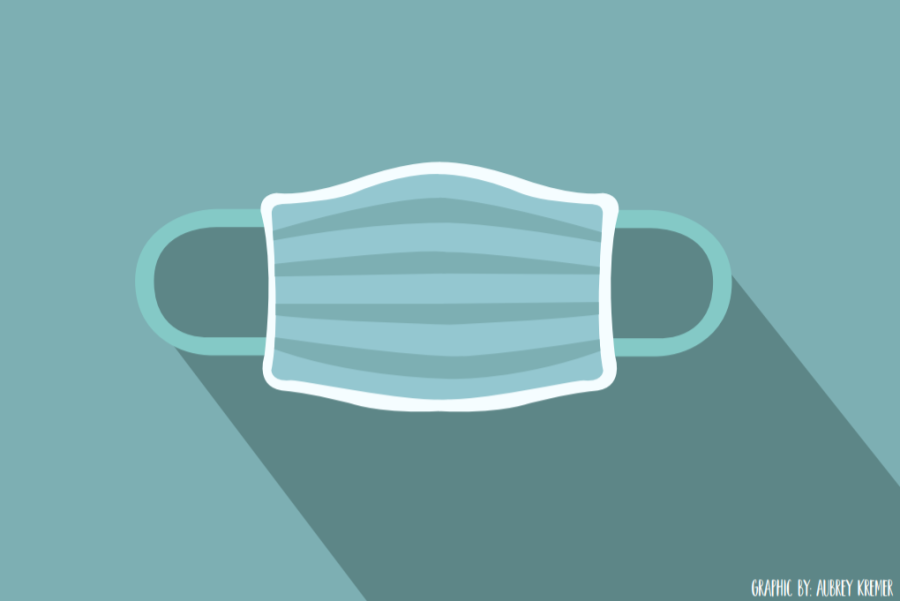As the COVID-19 crisis intensifies across the nation, the need for a national health service like that of close friends, Canada or the United Kingdom, is sorely needed. The response so far to the crisis has relied heavily on private industries and firms that can produce medical supplies at a hopefully rapid rate to keep up with demand. The contrived coordination of private firms has the necessary element of a profit motive tied to the crisis response. Companies such as Walmart and CVS are being roped in to help mass produce Personal Protective Equipment and provide parking lot space for “drive-thru testing.”
These companies inherently have a profit motive first and foremost, which distracts from the task at hand. That task is mass-producing enough medical equipment and supplies at a rate to adequately supply hospitals and health care workers to get through this crisis as safely as possible. With profit getting in the way of public health needs, it is clear that a supply chain and a production effort free from concerns of “How much money can we make off of this?” is necessary.
The United States has had to divert shipments of medical equipment away from countries that were supposed to receive them and instead bring them to the United States by offering a higher price. Vox reports that several shipments of N95 masks have been diverted from France, who is struggling, and Thailand.
The United States has banned exports of medical supplies for the foreseeable future and countries such as Canada, Germany and France have expressed dismay over the nationalistic response.
“This is not how you deal with transatlantic partners. Even in times of global crisis, wild west methods shouldn’t rule,” Andreas Geisel, Interior Minister of the German government, said in the article. There is a global concern that America’s private supply chains make the world vulnerable to a shortage of supply if the US begins to buy up more and more shipments. The supply chain in the US healthcare industry is of unique consideration.
The healthcare system we have currently has inherent problems in how its supply chain operates. The U.S. healthcare industry has adopted a supply chain model known as JIT or “Just-In-Time.” JIT supply chains involve lowering bulk purchases and buying just enough supplies per hospital so that when a patient needs a certain product, they can get it just as it comes to the hospital. This model eliminates warehousing costs, and eliminates the risk involved in stockpiling supplies that may go unused.
In times of crisis this supply chain model is not an advantage but a severe handicap. Healthcare Finance News reports that most hospitals in Ohio and throughout the Midwest have transitioned to JIT due to persistent budget cuts to hospitals and health care services. When hospitals can’t stockpile resources in preparation for these times of need, people go without treatment and ultimately, people die.
States also haven’t been able to consistently rely on the federal government for supplies. We have seen that New York state has had issues in requesting much needed ventilators and several states have cited discrepancies in the numbers of requested supplies and the numbers they actually receive.
NPR has reported on Washington state’s inability to secure necessary supplies. Governor Jay Inslee continues to urge President Donald Trump to use the full extent of the Defense Production Act in order to get much needed COVID tests and necessary PPE.
According to FEMA, the National Strategic Stockpile is not meant to be the solution to the problem, but “it was meant to be put in place for the immediate response until the supply chains could catch up and meet the overall demand,” Acting Deputy Administrator of the Federal Emergency Management AgencyDaniel Kaniewski said. FEMA itself also stressed as a 50-state disaster is not what they have been prepared for.
A government-subsidized healthcare system that can safely stockpile needed resources state-by-state would solve the issue of profits coming before people and the adverse effects created by a system that values peak efficiency and high prices for treatment.

















